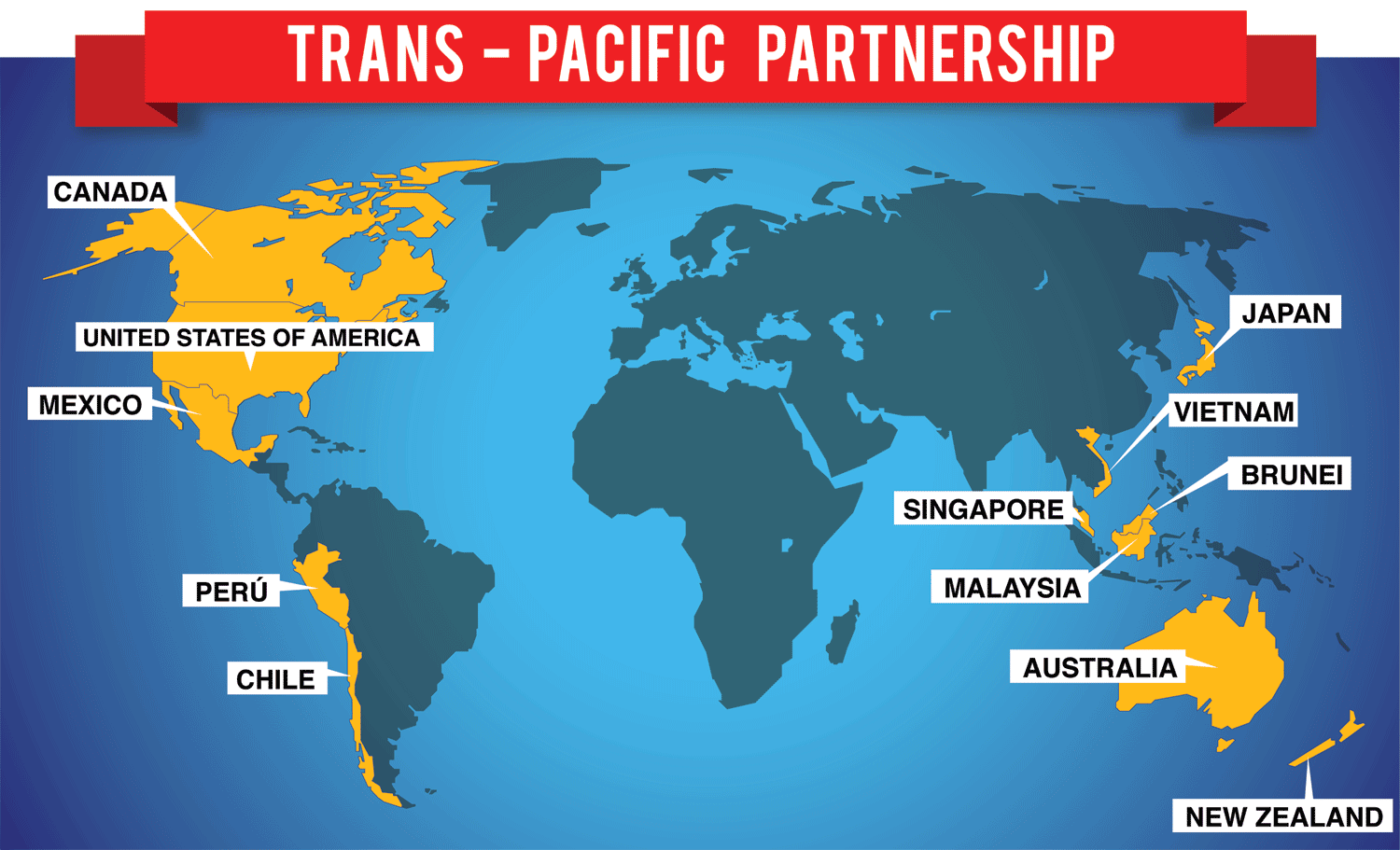The National Industrial Transportation League and scores of other leading U.S. shipper advocates also agree that existing treaties are already generating deals that can help expand mutually beneficial trade and investment relations between the United States and ASEAN.
Election year politics notwithstanding, Alexander Feldman, president and CEO of the U.S.-ASEAN Business Council (US-ABC) is a strong advocate of the Trans-Pacific Partnership [TPP].
“The TPP agreement marks an extraordinary opportunity to open markets and level the playing field for American exporters and investors competing in some of Asia’s fastest growing markets, including four ASEAN markets,” says Feldman. “Building on the success of the US-Singapore Free Trade Agreement of 2004, American exports to Singapore have grown by nearly 90 percent, and we believe that TPP can offer similar export opportunities in Brunei, Malaysia and Vietnam.”

According to Feldman, U.S. exports to ASEAN have increased in recent years, but market share of ASEAN’s imports has eroded. TPP puts the United States back on a strong footing and can reverse this adverse trend, he maintains.
Keith Williams, U.S.-ABC chairman, is also bullish on the effort, noting that the TPP creates “a more balanced playing field” for U.S. businesses competing in Asia against businesses from China, India and Europe by establishing pro-innovation standards in a wide variety of areas.
“In electronic commerce, for example, the TPP contains important commitments to the free flow of data and consumer protection,” says Williams.
Furthermore, adds Williams, it will eliminate 100 percent of the tariffs on thousands of qualifying exports of industrial goods and textiles. And by streamlining customs procedures to simplify the release of goods across borders, it will help small and medium-sized businesses obtain greater opportunities out of trade agreements.
“The U.S.-ABC recognizes that there are a variety of special concerns to be dealt with regarding TPP,” allows Williams. “However, we are confident that government and industry working together can find practical solutions leading to even stronger congressional support for ratifying the TPP.”
The National Industrial Transportation League and scores of other leading U.S. shipper advocates also agree that existing treaties are already generating deals that can help expand mutually beneficial trade and investment relations between the United States and ASEAN.
By Patrick Burnson, Executive Editor
Sourced: logisticsmgmt
